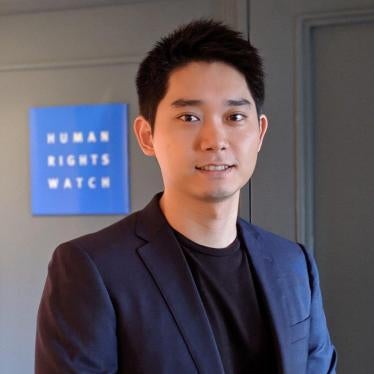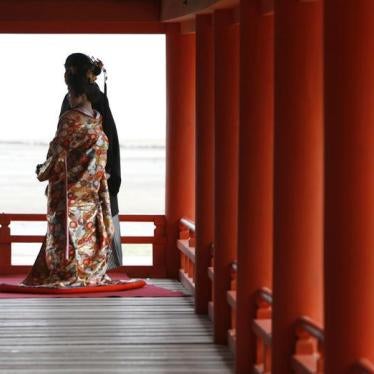There has been a huge public outcry since reports surfaced that the Tokyo Medical University has been systematically altering the entrance exam scores of women applicants. The practice, which dates back as early as 2006, was intended to disqualify women and boost the number of male students admitted.
University officials involved in the policy admitted to a third-party investigation committee that they instituted this discriminatory practice to suppress the number of qualifying female applicants, based on the argument that without it the institution’s affiliated hospitals would be unsustainable because women tend to quit due to marriage and childbirth. The university had also altered the results of male applicants who had taken the exam multiple times, citing their relatively old age as a negative factor.
Since taking office in 2012, Prime Minister Shinzo Abe has announced a new government initiative to make Japan a country “where women can shine.” But in the last six years, more than ¥13 billion in government subsidies has gone into the coffers of Tokyo Medical University while the school was intentionally excluding qualified women from studying to become doctors.
This highlights how little Abe’s promises have achieved. Although the number of female workers in executive-level positions among listed companies have risen slightly under the prime minister’s initiative, it remains at the staggering low level of 3.7 percent. While there has been progress in closing the gender pay gap, in 2015 it stood at 25.7 percent — the third-highest gender pay gap among OECD nations. Japan also sits dead last among major economies in representation of women in political leadership roles.
Many Japanese women continue to face a cruel paradox. Some prominent political figures, concerned about Japan’s aging population, have urged women to have more children and denigrated those who fail to comply. But at the same time, the government has done little to make it feasible for women to be both parents and workers, and corporate Japan has repeatedly reinforced the glass ceiling by creating an uncomfortable workplace environment for women who do decide to have children.
Tokyo Medical University should immediately end its discriminatory admission practices and provide remedies to all of the female applicants who were harmed because of discrimination. But this incident should also prompt regulatory action from the government, which must ensure laws, policies and practices comply with Articles 14 and 26 of the Constitution, prohibiting discrimination for any reason and guaranteeing the right to appropriate education based on one’s abilities.
The government should take measures to prevent taxpayer money going into any institution that discriminates on prohibited grounds such as gender. It should also enact a comprehensive law that specifically prohibits all forms of gender discrimination in various fields, including education, and gives those affected by discrimination effective remedies. It’s unacceptable that the only law in Japan that currently prohibits gender discrimination is the Equal Employment Opportunity Law.
Japan also needs to implement the International Covenant on Economic, Social and Cultural Rights, ratified in 1979, which sets out in Article 13 that state parties “recognize the right of everyone to education” and that “higher education shall be made equally accessible to all, on the basis of capacity” and requires, in Article 2, that states guarantee the exercise of rights “without discrimination of any kind with regard to … sex.”
The government should also fully comply with its obligations under the Convention to Eliminate Discrimination against Women (CEDAW), which it ratified in 1985, such as Article 10 setting out that state parties take “measures to eliminate discrimination against women in order to ensure to them equal rights with men in the field of education and in particular to ensure, on a basis of equality of men and women.” CEDAW further specifies that parties including Japan must provide the “same conditions … for access to studies and for the achievement of diplomas in educational establishments of all categories in rural as well as in urban areas; this equality shall be ensured in pre-school, general, technical, professional and higher technical education.”
Tokyo is set to host the 2020 Summer Olympic and Paralympic Games, which will bring even more international scrutiny of the Japanese government and its shortcomings. It will need to fully embrace the Olympic Charter, which bans discrimination on the basis of gender.
The incident is a stark reminder that Japan needs to take a hard look at what can really help women “shine.” Increasing the availability and access to high quality and affordable child day care centers, and adopting measures that encourage both fathers and mothers to take equal amounts of parental leave, would be meaningful starting points.

![Shiori Ito, a journalist, who says was raped by an colleague in 2015, talks about her ordeal and the need for more support for the victims in Japan, during an interview in Tokyo [Mari Yamaguchi/AP]](/sites/default/files/styles/square/public/multimedia_images_2018/201807asia_japan_shiori_ito.jpg?itok=N4HWPbMA)







